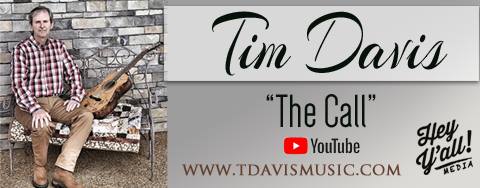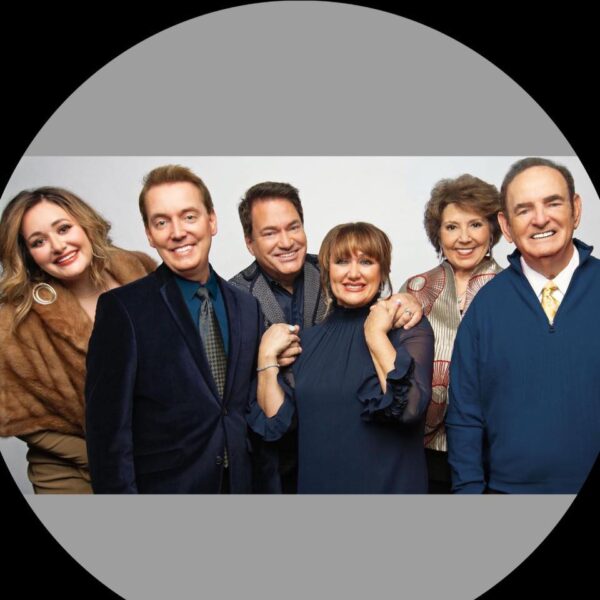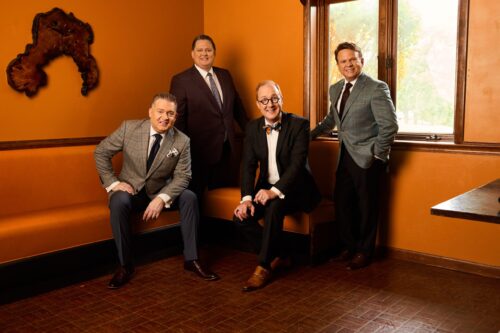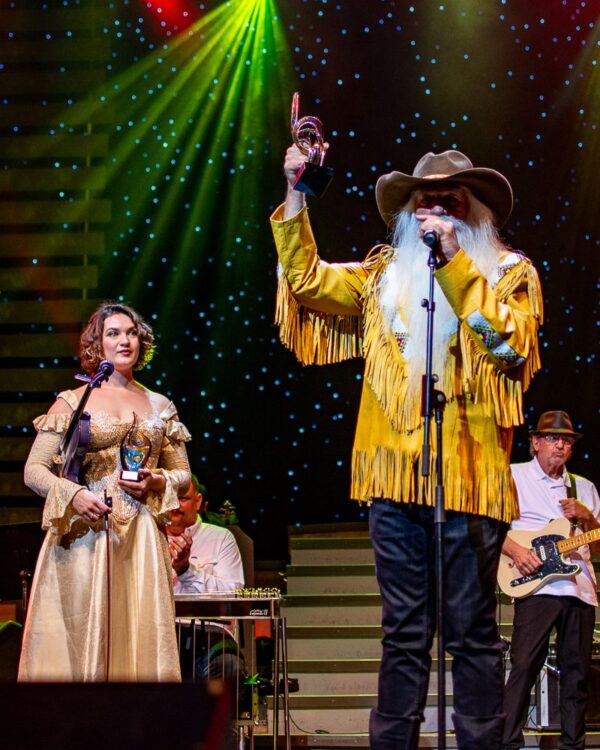
The incomparable Fanny Crosby’s gift to the Church shines anew in Blessed Assurance: The New Hymns Of Fanny Crosby releasing globally Oct. 9 from Integrity Music. The project features unfinished and never-before-published Crosby hymns respectfully crafted with help from Paul Baloche, Michael Farren, All Sons & Daughters, Jon Egan (New Life, Desperation Band), Bart Millard (MercyMe), Stu G (Delirious?, One Sonic Society), Michael W. Smith, Matt Redman, Krissy Nordhoff (“Your Great Nameâ€), Greg Sykes, Dustin Smith and more.
Complete with vocal performances from Baloche, Egan, All Sons & Daughters, Blind Boys of Alabama, Elias Dummer (The City Harmonic), Ricky Skaggs & The Whites, Darlene Zschech, Israel Houghton with Seth & Nirva, Ernie Haase & Signature Sound and Meredith Andrews,among others, Blessed Assurance: The New Hymns Of Fanny Crosbystands as an original, new-heritage collection from this blind composer that has inspired generations of Christians around the world with hymns like “To God Be the Glory,†“All the Way My Savior Leads Me,†“Blessed Assurance†and “Redeemed.â€
“When you start looking at her legacy, you begin to understand how this remarkable woman truly lived her worship,†says Integrity’s VP of Song & Artist Development, Adrian Thompson. “She lived a frugal life, was diligent in writing, a blessing to the poor, didn’t build herself up… And yet, every living president in her lifetime wanted to meet her. The impact of her life and the influence of her hymns simply cannot be overstated.â€
In celebration of the remarkable legacy of Fanny J. Crosby 100 years after her death, Integrity Music offered the select gathering of remarkable worship leaders and songwriters above access to an astounding 2,700 unpublished and unfinished compositions by Crosby. This forgotten musical treasure that sat hidden for years was passed from Crosby’s publisher to the historic Wheaton College.
Stephen Kelley, an artist, writer and entrepreneur who collects antique hymnals, learned of the forgotten cache and tracked them down to Wheaton. “They wheeled out 20 library carts containing the manuscripts,†Kelley recalls, “…some lyrics were on scraps of paper and the backs of envelopes, letterhead, legal paper, all with Fanny’s initials. I couldn’t believe it when I saw them.â€
New life was breathed into 15 of these hidden gems, recorded for Blessed Assurance to shine a modern light on the remarkable legacy of the woman called “the Queen of Gospel Song Writers.â€
“There are so many magical moments on this record,†says Bobby Blazier (The Alternators), who co-produced the album with Christian music veteran John Hartley. “Fanny Crosby was quite an intellectual, but she loved different styles of music, so we tried to honor her in that way, leaning more toward Americana, than just about anything.â€
For example, “Where Could We Go,†which was completed by multiple Dove Award nominated Integrity writer Michael Farren, “sounds different than anything you might consider to be a Crosby hymn,†says Blazier. “The music has a ragtime feel to it, something that Fanny would have loved. Then, hearing the Blind Boys interpret it in their bluesy, soulful way, it just turned out great and is so true to the Americana approach.â€
Other tracks on Blessed Assurance: The New Hymns Of Fanny Crosby include All Sons & Daughters’ tender call to worship “We Are Waiting,†Michael W. Smith’s interpretation of “No One Like Jesus,†Paul Baloche’s take on “Come To The Water,†and the unexpectedly Southern Gospel turn Ernie Haase gives to “I Have Found A Priceless Treasure.â€
“There are a lot of churches that prefer hymns, and there’s a new generation discovering them for the first time as they seek deeper roots within a fresh, modern context,†explains Thompson. “With these two connections in mind, we’ve tried to keep as much of the original lyric as possible, engaging songwriters/leaders in the modern worship movement to help usher the richness of those lyrics into the modern era.â€



